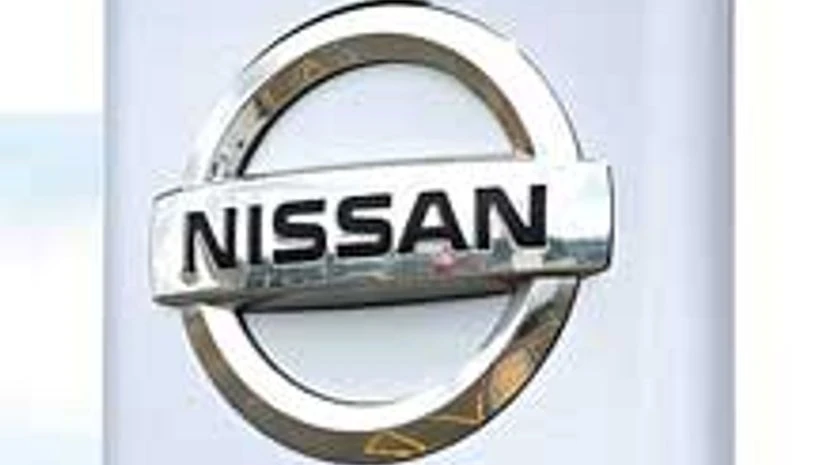Nissan Motor Co agreed to purchase a 34 per cent stake in Mitsubishi Motors Corp, as Japan's second-largest automaker comes to the aid of its minicar partner rocked by a fuel-economy testing scandal.
Mitsubishi Motors will sell about 237.4 billion yen ($2.2 billion) in shares to Nissan, according to a filing Thursday. The purchase is poised to vault Nissan past Mitsubishi group companies to become Mitsubishi Motors' single-largest shareholder.
Chief Executive Officer Carlos Ghosn is seizing on a more than 40 per cent plunge in Mitsubishi Motors' market value to gain significant control in a company that Nissan relies on for minicars models crucial to its Japan sales. Buying a piece of Mitsubishi Motors also hands Nissan more exposure to Thailand and other Southeast Asian countries that boast greater growth prospects than the companies' domestic market.
More From This Section
The deal eases concerns about the viability of an Japan automaker, which 410,000 people across 7,777 companies rely on, according to Teikoku Databank Ltd estimates. Mitsubishi Motors has manipulated fuel economy data of four minicar models, two of which are supplied to Nissan, and improperly tested other Japan vehicles since 1991.
Nissan's dependence on Mitsubishi Motors showed in April. After suspending deliveries of the Dayz and Dayz Roox models involved in the fuel economy scandal for the last two weeks of April, Nissan's monthly sales declined 51 per cent for minicars and 22 per cent overall, including standard vehicles.
"Nissan is going to pull somebody's chestnuts out of the fire," Kouichi Sugimoto, an analyst at Mitsubishi UFJ Morgan Stanley, wrote in a report Wednesday. "If the deal is realised, it may take time to fully restore Mitsubishi Motors' business."
The Tokyo Stock Exchange suspended trading of Mitsubishi Motors shares following reports of the potential sale. Nissan fell 1.4 per cent to 988.1 yen at the close in Tokyo. After overstating the fuel economy of its minicars by as much as 10 per cent, Mitsubishi Motors faces the prospect of compensating owners of those vehicles for their shortcomings in performance. It also may have to pay back Japan's government for tax rebates that its minicars shouldn't have been eligible for.
Nine more models including a sport utility vehicle may not have been properly tested, the company said Wednesday.
The falsified fuel-efficiency labelling prompted urgency within Mitsubishi Motors' management ranks, including CEO Osamu Masuko.
"Talking about paving way for company's stable future, I think I have to do something that goes over the top," Masuko told reporters during a briefing Wednesday. "I don't think we have much time to spend on it. To be stable, I will do it as soon as possible."
Nissan, which first discovered fuel economy discrepancies while working on the next generation of the minicar models, wasn't involved in setting fuel-economy targets, Mitsubishi Motors President Tetsuro Aikawa told reporters Wednesday. The supervisor in charge of the models had felt the need to boost efficiency to meet targets and mishandled the testing, according to the company.
Ghosn, 62, is betting Nissan can succeed with an investment that ended in failure more than a decade ago for then-DaimlerChrysler AG.
Shortly after DaimlerChrysler announced it would buy a controlling stake in Mitsubishi Motors in 2000, the Japanese automaker was embroiled in a scandal involving the cover-up of vehicle defects. By 2004, DaimlerChrysler pulled out from the Japanese automaker's restructuring plan and declined further investment. It sold the last 12 per cent of its stake in November 2005.

)
